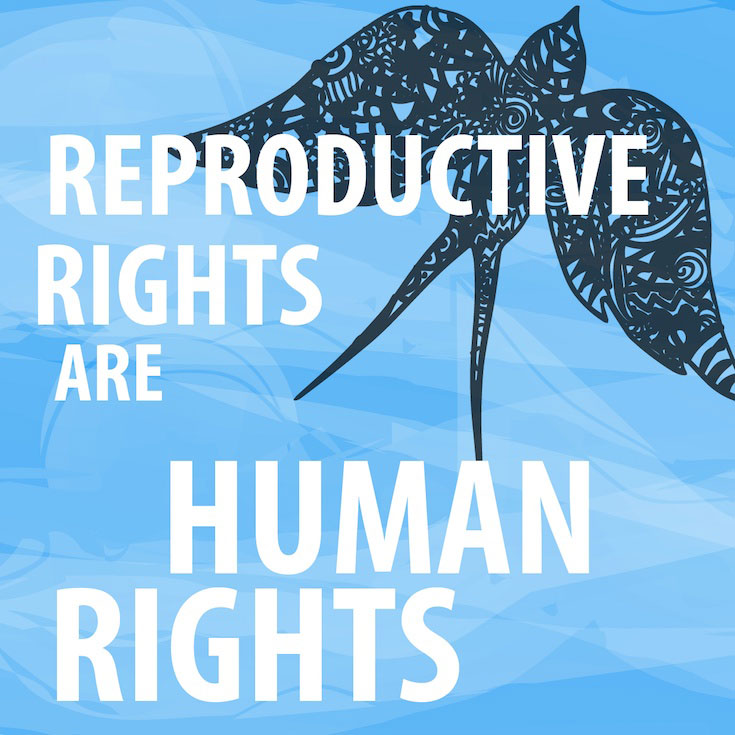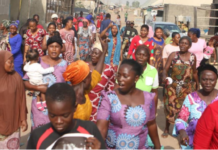
The right for a woman to control her own body should be a fundamental human right. Every woman should be able to control her own fertility and so choose if and when to have a baby. Unfortunately, many (especially young) women are not aware of modern effective contraceptives or do not have access to them. So, many women turn to abortion in the case of an unwanted pregnancy.
The laws covering abortion in Nigeria date from colonial times and have not been changed in the last 60 years. There are different laws in the north and south of the country although the provisions are similar.
These colonial era laws make abortion illegal with heavy jail sentences – up to 14 years imprisonment – unless it is performed to save the life of the pregnant woman. To be legal, two doctors must certify that the pregnancy poses a serious threat to the life of the woman.
Abortion is not even legal to end a pregnancy resulting from rape or incest. In such cases the woman may still risk up to seven years in prison.
Despite these legal restrictions, as many as three quarters of a million abortions may be performed in Nigeria each year. Most women will have had at least one abortion by the time they are 45 years old.
While safe medical abortions have a very low complication rate, unsafe ones — those performed by providers without adequate training or in a setting that does not meet medical standards — can lead to haemorrhaging, infection and perforation of the bowels or uterus and death. Such deaths may amount to 3,000 or even 30,000 a year in Nigeria alone.
The laws do not stop women turning to abortion to end their unwanted pregnancy. The laws do make most abortions very unsafe. This is because fewer than half of all abortions are performed by modern medical staff.
Making abortions illegal also results in an increase in the level of infanticide. If a woman is not able to avoid an unwanted pregnancy or obtain an abortion she may kill her child soon after birth. Last year Lagos State Government rescued 300 babies that had been abandoned by their mothers.
Teenage women are under particular pressure as they are often required to leave school or university if they become pregnant. Many other women may have abortions as they are not aware or cannot afford modern, effective means of contraception.
No woman would choose to have an abortion rather than using effective modern contraceptives. The most effective way to reduce abortion or infanticide is to make sure that all women can use contraceptives unless they want to have a child. Modern contraceptives should be made freely available at all clinics and hospitals so that all women can choose to use them.
In 2012, President Goodluck Jonathan pledged N7 billion to increase funding for contraceptives and push states to provide free contraception in public clinics. But that program generated controversy. Catholic organizations called for the money to be redirected to education and other health issues.
The next year, 2013, the southern state of Imo passed a law that would have permitted abortion in cases of rape, incest or mental or physical health consequences for the mother. But after intense lobbying by the Catholic Medical Practitioners Association, the state assembly repealed the law.
We need to campaign against the current legal restrictions on abortion. Effective contraceptives should be freely available to prevent unwanted pregnancies, but if necessary abortion should also be freely available at all public hospitals and clinics.
All pregnancies should be based on a woman’s right to choose. Pregnant women should be supported so that they are able to continue their education as long as possible. Making abortions illegal has not stopped this practice – it has just made it very dangerous for most women.
by Tina Ndi








